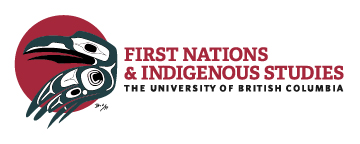Currently, there are 21 sessions included in the IVT. These sessions have been broken up into two different sections – Student Interviews and Instructor/Administrator Interviews – to reflect the two different stages of the project.
The first stage of the project is composed of the student interviews, which were conducted within the timeframe of a postsecondary level 3-credit course (13 weeks) starting in January and continuing to the end of early April 2007. These interviews were borne out of a desire to address serious issues around the level of discussion of Aboriginal content in classrooms at UBC. Students were asked to share not only their most memorable classroom experiences, but also what they thought were the problems, and how these might be addressed. Video was selected as the primary medium for this project because of its powerful ability to communicate the impact of students’ experiences, more so than may be possible in print or other media. In addition, we wanted to provide participants with a medium that would allow them to represent themselves with as much authority over their accounts and reflections as possible.
The second stage of the project followed in 2008, and asked instructors and administrators to share their insights and reflections on their experiences with problematic discussions of Aboriginal issues. Instructors are faced with multiple challenges in dealing with these types of issues effectively, especially given that that there are very few venues or opportunities for them to discuss how to deal with cultural communication in the classroom. As a result, they often find themselves at a loss at how to address these issues when they arise. The position as an authority figure renders them in an uncomfortable space as mediator and expert. We recognize that instructors and administrators also struggle with these issues, and that the inclusion of their perspectives in this project can provide a more complete reading of the dynamics underpinning problematic classroom environments, and could assist in creating a climate that encourages participation in discussions about how to address them.

